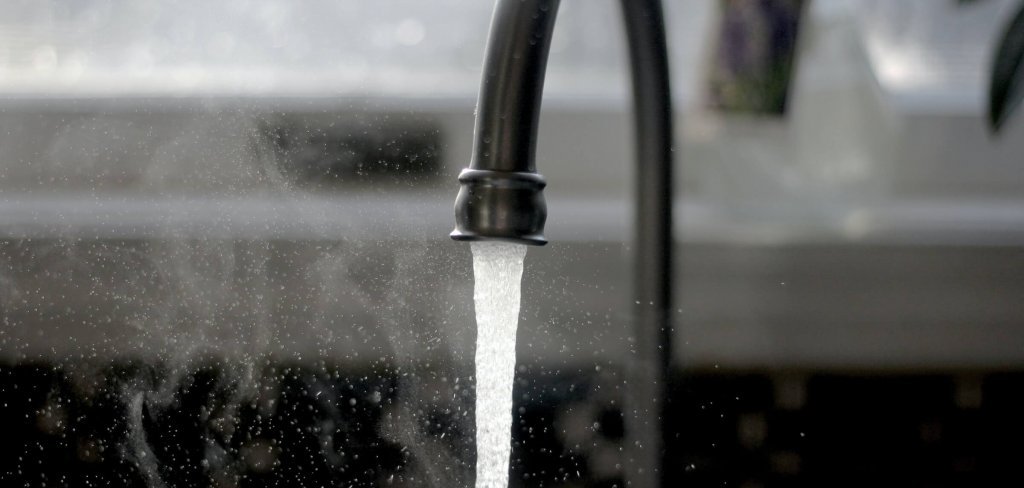There are two main types of depression that exist: clinical and non-clinical. Clinical depression nearly always requires outside intervention, in the form of counseling and temporary medication while the sufferer works through the internal causes of their depression.
Keep reading to learn more about depression symptoms and treatments methods. Never let yourself lose hope. Pain is temporary and relief is out there waiting for you to find it.
Non Clinical Depression
Non clinical depression rarely lasts for more than a week at a time, more of a temporary feeling of sadness or hopelessness often resulting from setbacks in life such as relationships breaking up, death, unforeseen expenses, etc.
Temporary symptoms of depression rarely result in any sort of physical symptoms and are limited to feelings of sadness, racing thoughts, impatiences, being withdrawn, and unprovoked hostility.
Clinical Depression
When symptoms of depression become a regular part of your life – morning, noon, and night – then you likely have clinical depression, and will certainly benefit from a consultation with your doctor. Sometimes clinical depression is a result of a non-existant social life which is quickly cured by going out and making some new friends.
However, when depression is left to fester, relief from symptoms becomes more of a long-term process, requiring treatment from professionals, in combination with lifestyle intervention.
There are several kinds of clinical depression including: atypical depression, seasonal depression, postpartum depression, chronic depression, bipolar depression, psychotic depression, and major depression.
Note: Only a doctor can put a label to what you’re feeling. Never assume or use “Google” to self-diagnose or treat yourself with balck market prescription medication or illegal drugs.
Symptoms of Clinical Depression
• Chronic sadness
• Low energy levels
• Anti-social behavior
• Loss of appetite
• Inability to sleep or erratic sleep patterns
• Inability to laugh
• Self-loathing
• Uncharacteristic reckless behavior
• Sudden feeling of impatience
• Violent behavior toward others
• Suicidal thoughts
Post-Diagnosis: 3 Natural Depression Treatments
You and your doctor will come up with a plan to fight your depression, including counseling to identify the source(s) of your frustration, lifestyle changes and occasionally, medication. However, don’t be quick to jump on the pharmaceutical bandwagon right away.
Sometimes medication is totally necessary to help alleviate negative out-of-control feelings, physical pain, hormonal imbalances, and suicidal thoughts. With that said: often depression symptoms are caused by lifestyle-related issues and pills will do nothing but temporarily mask those problems.
I suffer from increased nervousness, fatigue and worry about nothing. The state of my nervous system worsened, I was constantly experiencing terrible tension throughout the day and had a bad shallow sleep at night. Xanax by https://signanthealth.com/xanax-treat-anxiety/ helped me to relax at least a little without reducing my activity. I took the drug only in extreme situations when I feel unbearably bad. Compared to other antidepressants I used, Xanax was very well tolerated. I didn’t notice any side effects.
Getting control of, and structuring your life properly, along with changing your behavior and the external circumstances that surround you are often what most clinically depressed individuals need most.
1. Start with sleep:
Make it a must that you get up at the same time every day, and also that you go to sleep at the same time every night. Too much sleep (over 9 hours) isn’t good for the psyche, so if you find yourself fitting into this category set your alarm and get up when it goes off. Too little sleep and you’re in the same boat.
• Stay away from alcohol, nicotine, and caffeine. They’ll keep you up.
• Turn the TV or computer off at least an hour before bed and read a book or sit back and relax.
• Don’t sleep past your alarm, even if you couldn’t drift off to sleep easily the night before.
2. Embrace responsibilities:
Depression is very often accompanied by feelings of no self worth, like you’re not wanted/needed or that you simply aren’t doing anything with your life. Finding new activities through volunteering opportunities, or even taking on a second low-stress job can help add structure to your life. When a friend or family member asks you for help or to hang out, don’t give in to the urge to say no and go home alone.
3. Fight negativity – inside and out:
Negativity and clinical depression go hand-in-hand. Even if you’re not the type to dish it out, maybe you’re that person who takes everyone elses on. Take stock in the negativity that exists in your life, which you have the power to control:
• Pessimistic friends
• Over-bearing parents or spouse
• Spending time around people who never seem happy
• Watching negative television programs, violent/depressing movies, reading negative publications.
• Personally letting yourself have constant negative thoughts about yourself or others.
Once you’ve identified the negativity in your life, avoid it. Stop reading and watching depressing and violent events on the news or television, limit interactions with pessimistic or outright negative coworkers. Find a new job if everyone at your workplace are terribly negative human beings.
Even if it’s friends or family that are causing you the most harm, you have to limit your interactions with them. Start by gently letting them know about your depression, how important it is for you to adopt a positive outlook, and that you must surround yourself with like-minded people.
If they refuse to be supportive, you really must shift your energy and focus toward changing your own mindset. You may find a major life change is in order, requiring you to end toxic relationships and move on to greener pastures.
Every time you experience a negative thought, you need to literally or figuratively slap yourself and switch to a positive one.
You had to learn to be negative-minded and depressed, and you’ll have to learn how to be positive and happy again. It doesn’t happen overnight, but if you mix the right mindset and take action toward changing your circumstances, clinical depression of any kind can be cured!




